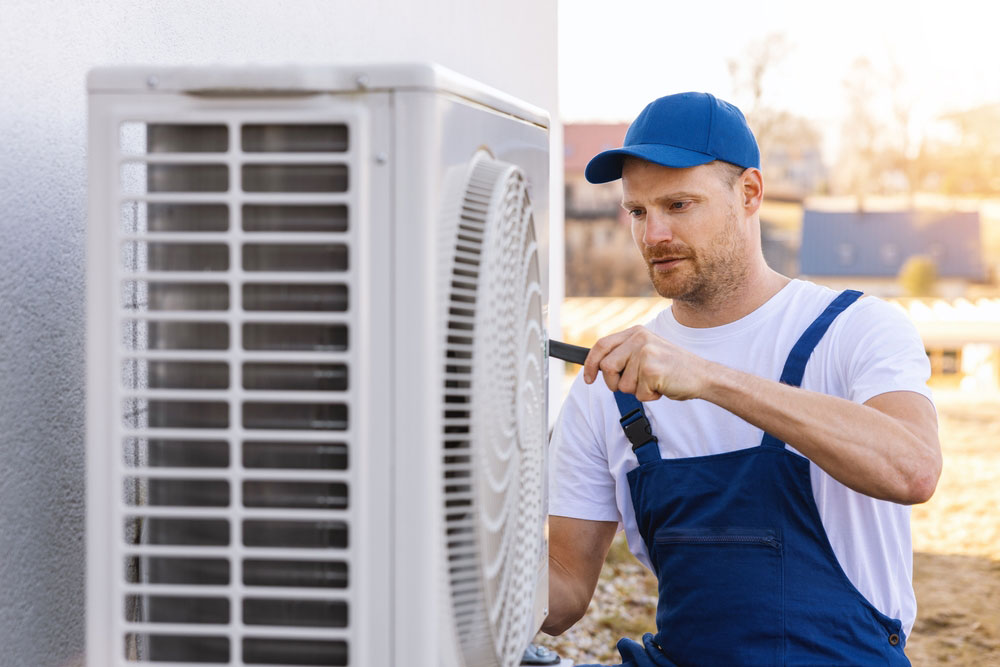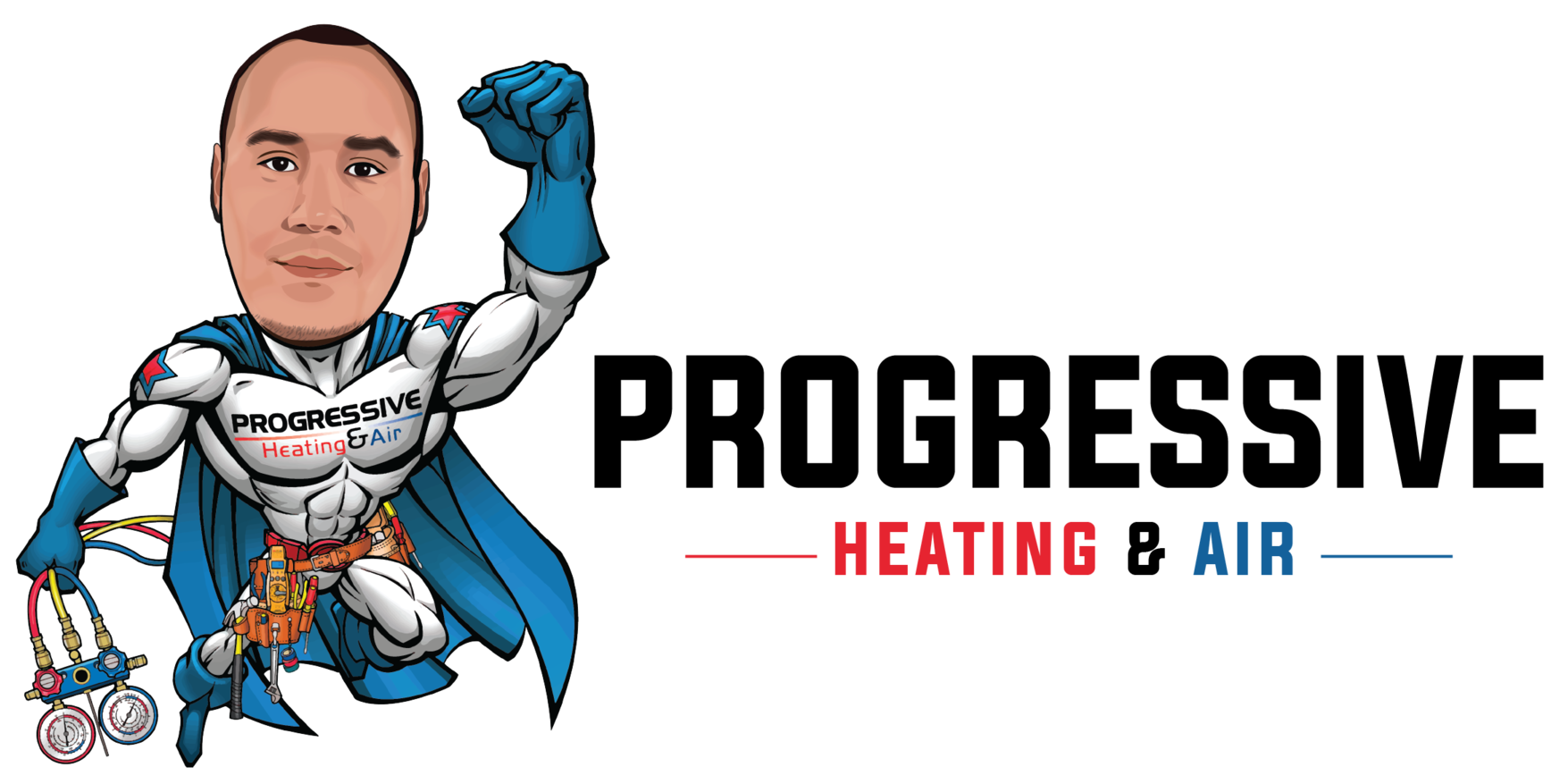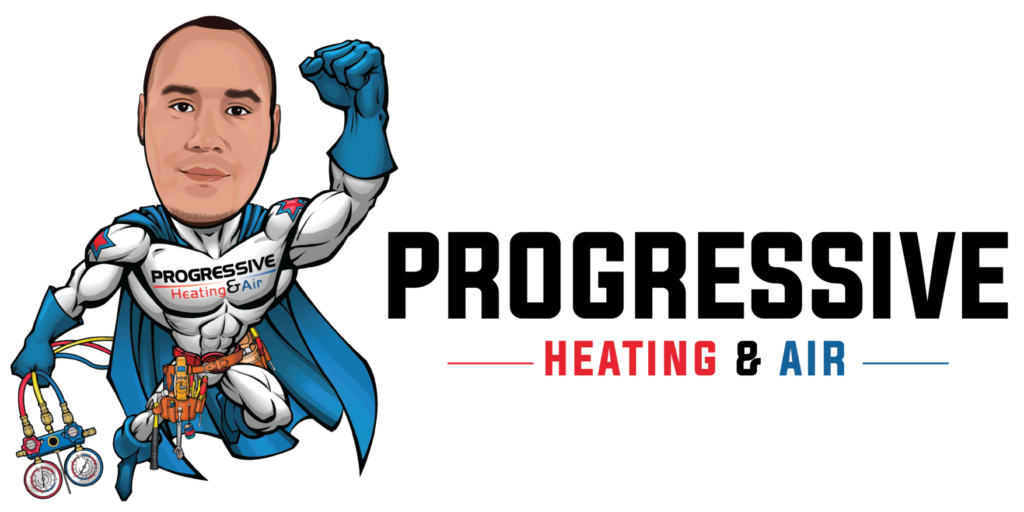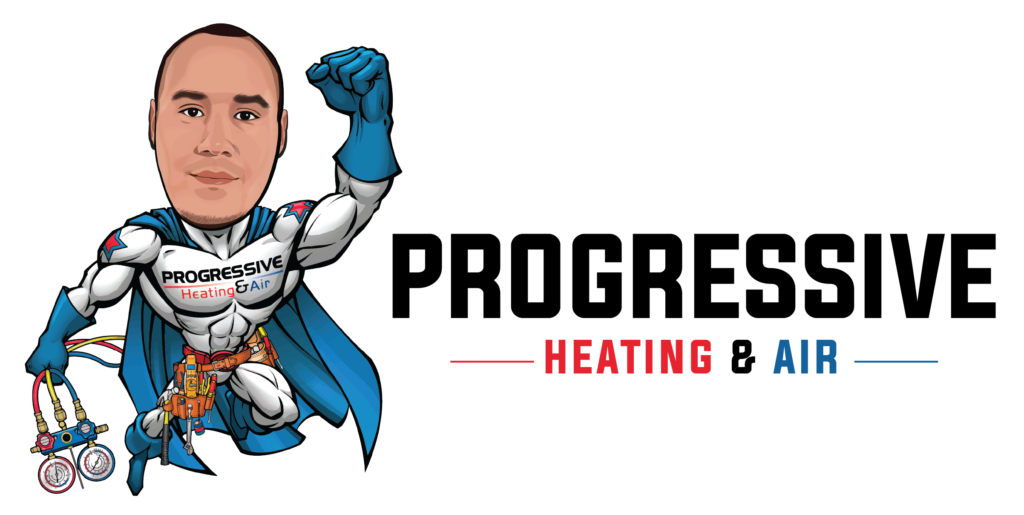
Have you thought about servicing your air conditioner lately?
While it may not always be top of mind, regular maintenance is key to keeping your home comfortable and managing energy costs.
Whether an annual check-up suffices or more frequent attention is needed depends on factors like climate, usage, and the age of your system.
Understanding these considerations can help keep your AC running efficiently and prevent costly repairs down the line.
Recommended Service Frequency
To keep your air conditioning system running efficiently and reliably, annual maintenance is crucial.
Ideally, schedule a service appointment in the spring, just before the start of the cooling season.
During an annual service, a technician will typically:
- Inspect key components: This includes the condenser, evaporator coil, and blower motor.
- Clean the system: Removing dirt and debris from coils and filters can significantly improve performance.
- Check refrigerant levels: Ensuring optimal refrigerant levels is essential for efficient cooling.
For older systems or those in heavy use, consider semi-annual maintenance.
This more frequent servicing can help identify and address potential issues early on, preventing major breakdowns and costly repairs.
By adhering to a regular maintenance schedule, you can:
- Extend the lifespan of your AC unit.
- Improve energy efficiency.
- Reduce the risk of unexpected breakdowns.
- Ensure optimal performance during peak cooling seasons.
Factors Influencing Maintenance Frequency
Several factors can influence how often your air conditioning system needs maintenance:
Climate
- Extreme Temperatures: Areas with harsh climates, such as those with very hot summers or cold winters, can put more stress on your AC unit, requiring more frequent maintenance.
- High Humidity: Humid climates can lead to increased moisture buildup, which can contribute to mold and mildew growth and affect the unit’s performance.
Age of the Unit
- Older Units: As your AC unit ages, it becomes more prone to breakdowns. Regular maintenance can help prolong its lifespan.
- Newer Units: Newer, energy-efficient models may require less frequent maintenance, but annual check-ups are still recommended.
Usage Patterns
- Frequent Use: If you use your AC heavily, especially during peak seasons, it will require more frequent maintenance to ensure optimal performance.
- Infrequent Use: Even if you don’t use your AC often, it’s still important to have it serviced annually to prevent issues from developing.
By considering these factors and following a regular maintenance schedule, you can keep your AC running efficiently and reliably for many years.
The Benefits of Regular AC Servicing
Regular AC servicing is essential for optimal performance, energy efficiency, and longevity.
Here are the key benefits:
Improved Performance
- Efficient Cooling: Regular maintenance ensures your AC operates at peak efficiency, providing consistent cooling.
- Reduced Energy Consumption: A well-maintained AC uses less energy, leading to lower utility bills.
- Better Air Quality: Clean filters and coils improve indoor air quality by removing pollutants and allergens.
Longevity and Durability
- Preventative Maintenance: Regular inspections and cleaning can identify and address potential issues before they escalate.
- Extended Lifespan: Proper maintenance can significantly extend the lifespan of your AC unit.
- Reduced Repair Costs: Regular servicing can help prevent costly breakdowns and repairs.
Enhanced Comfort
- Even Temperature Distribution: A well-maintained AC ensures consistent cooling throughout your home.
- Improved Indoor Air Quality: Clean filters and coils help remove allergens and pollutants, promoting a healthier indoor environment.
By investing in regular AC maintenance, you can enjoy a more comfortable, energy-efficient, and cost-effective cooling system.
Regular AC servicing is essential to keep your system running smoothly, efficiently, and for as long as possible.
With annual or semi-annual maintenance, depending on factors like usage, climate, and the unit’s age, you can avoid unexpected breakdowns, reduce energy costs, and ensure your home stays cool and comfortable.
Prioritizing routine maintenance not only saves on repair costs but also contributes to better indoor air quality and a more reliable cooling experience for years to come.



